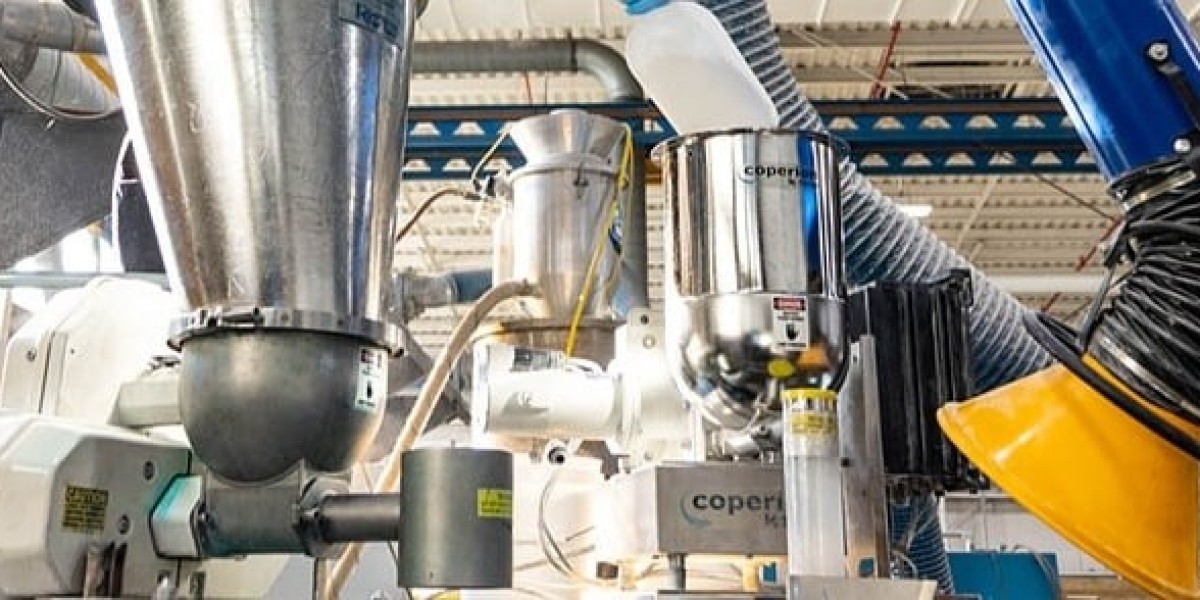What is Contract Polymer Manufacturing?
Contract polymer manufacturing involves outsourcing the production of polymer materials to specialized third-party manufacturers. These manufacturers possess advanced technology, expertise, and facilities to produce high-quality polymers tailored to specific client requirements. By partnering with contract polymer manufacturers, businesses can focus on their core operations while ensuring their polymer needs are met with precision and efficiency.
Benefits of Contract Polymer Manufacturing
Cost Efficiency
One of the primary advantages of contract polymer manufacturing is cost savings. Setting up an in-house polymer production facility requires significant capital investment in equipment, technology, and skilled labor. Contract manufacturers spread these costs across multiple clients, making it more economical for each business.
Access to Expertise
Contract polymer manufacturers specialize in polymer science and engineering. Their expertise ensures that the produced polymers meet stringent quality standards and performance specifications. Businesses benefit from the manufacturers' extensive knowledge and experience without having to develop this expertise internally.
Flexibility and Scalability
Contract polymer manufacturing offers unparalleled flexibility. Whether a business needs a small batch for a pilot project or large-scale production for mass-market distribution, contract manufacturers can scale their operations accordingly. This flexibility is particularly beneficial for companies experiencing fluctuating demand or exploring new product lines.
Focus on Core Competencies
Outsourcing polymer production allows businesses to concentrate on their core competencies, such as research and development, marketing, and customer service. This strategic focus can lead to improved innovation and competitiveness in the market.
The Contract Polymer Manufacturing Process
Initial Consultation and Planning
The process begins with an in-depth consultation between the business and the contract manufacturer. During this phase, the client's specific requirements, including polymer type, properties, and intended applications, are discussed. This collaborative approach ensures that the final product aligns with the client's expectations.
Material Selection and Formulation
Based on the client's requirements, the contract manufacturer selects the appropriate raw materials and develops a custom polymer formulation. This stage may involve rigorous testing and refinement to achieve the desired characteristics, such as strength, flexibility, and chemical resistance.
Production and Quality Control
Once the formulation is finalized, the production phase begins. Contract polymer manufacturers utilize advanced equipment and processes to produce polymers efficiently and consistently. Quality control measures are implemented throughout the production process to ensure that the final product meets all specifications and regulatory standards.
Packaging and Delivery
After production, the polymers are packaged according to the client's specifications. Contract manufacturers often offer various packaging options to accommodate different storage and transportation needs. The final product is then delivered to the client's location, ready for use in their manufacturing processes or products.
Applications of Contract Polymer Manufacturing
Automotive Industry
Polymers play a crucial role in the automotive industry, offering lightweight and durable materials for components such as dashboards, bumpers, and interior trims. Contract polymer manufacturers provide custom solutions that enhance vehicle performance and aesthetics while meeting stringent safety and environmental standards.
Medical Devices
In the medical field, high-quality polymers are essential for devices such as catheters, syringes, and implants. Contract polymer manufacturing ensures that these critical components are produced with precision, reliability, and biocompatibility, adhering to rigorous healthcare regulations.
Electronics
The electronics industry relies on polymers for insulating materials, housings, and connectors. Contract polymer manufacturers deliver specialized polymers that offer excellent electrical insulation, thermal stability, and resistance to environmental factors, ensuring the durability and safety of electronic devices.
Packaging
Polymers are widely used in packaging due to their versatility, durability, and cost-effectiveness. Contract polymer manufacturers provide tailored solutions for food packaging, industrial containers, and consumer goods, ensuring that the packaging materials meet specific requirements for protection, shelf life, and sustainability.
Conclusion
Contract polymer manufacturing is a vital service that empowers businesses to access high-quality, custom polymers without the need for extensive in-house resources. By leveraging the expertise, flexibility, and cost-efficiency of contract manufacturers, companies can enhance their product offerings, streamline their operations, and remain competitive in their respective industries. Whether it's for automotive components, medical devices, electronics, or packaging, contract polymer manufacturing offers a strategic advantage that drives innovation and growth.







